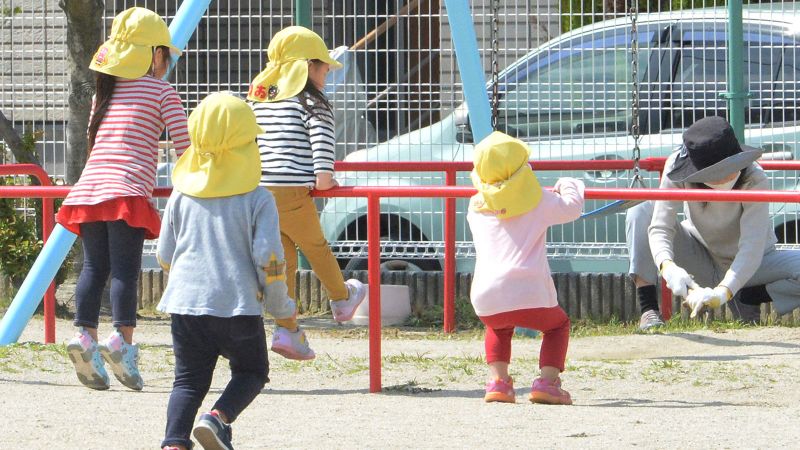
Japan Faces Significant Population Decline: Implications and Challenges
World | 8/7/2025
Japan continues to grapple with a significant population decline, as recent government data reveals a staggering decrease of over 900,000 individuals last year, marking the largest annual drop on record. This ongoing trend underscores the profound demographic challenges facing the nation.
The demographic shift in Japan is a pressing issue with far-reaching implications for various sectors, including the economy, healthcare, and social welfare systems. The rapid decrease in population size poses substantial challenges for sustaining economic growth and maintaining essential services for an increasingly aging population.
Experts point to several factors contributing to Japan’s population decline, including low birth rates, an aging population, and limited immigration. These demographic dynamics have significant implications for the country’s future workforce, social structure, and overall economic stability.
Despite government efforts to address the population decline through initiatives such as family support policies and encouraging women’s workforce participation, the scale of the challenge remains immense. The gravity of the situation necessitates comprehensive strategies to mitigate the adverse effects of the shrinking population on Japan’s society and economy.
As Japan grapples with the repercussions of its declining population, policymakers, experts, and stakeholders are faced with the urgent task of devising sustainable solutions to navigate this demographic crisis and ensure the country’s long-term viability. The persistent decline in population size serves as a stark reminder of the critical need for proactive measures to address Japan’s demographic challenges effectively.


